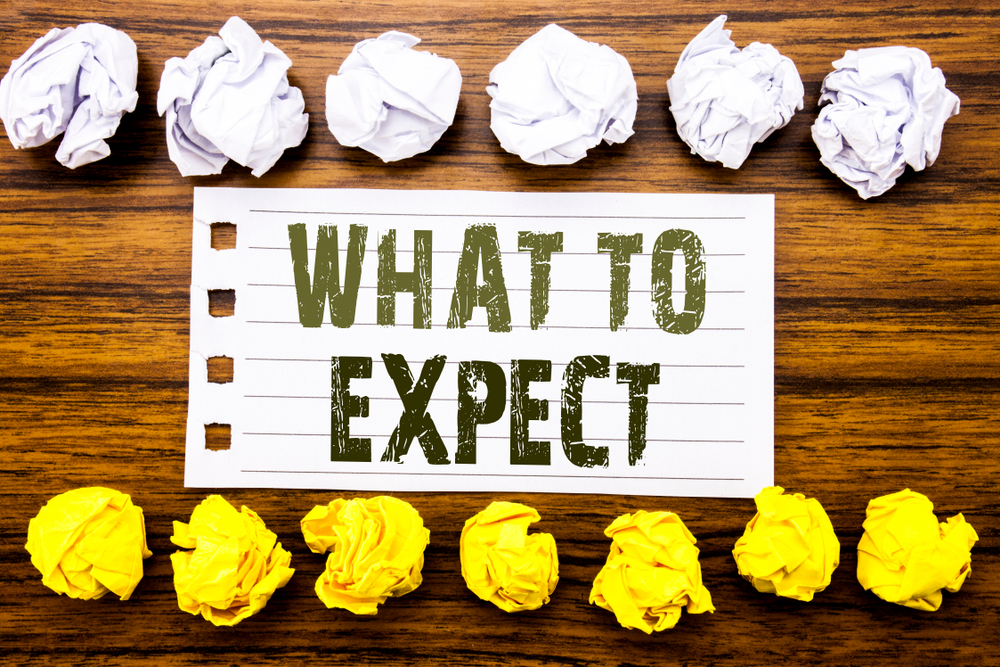New Skills
The transition year is designed to help you develop not just on an educational level but also on a personal, social and vocational level as well. The transition year option has been available since 1992 and was introduced as a means to provide students with an education for maturity – in other words, it was designed to help students develop as individuals and acquire the problem-solving, critical thinking and life skills necessary for adult life. It aims to help develop your self-reliant and independent learning skills so that you will be able to take control of your studies as well as prepare you for adjusting to worklife as opposed to the classroom! Transition year encourages you to develop personally and socially and grow in independence with more awareness of the world outside of school.
Team projects working within the community or carrying out environmental field work, for example, helps students to grow in awareness of these issues. Transition year focuses on the practical teaching of subjects to provide you with some transferable and usable skills such as learning a language from the angle of ‘getting by’ in a foreign country or learning about business by actually setting up and running your own small business, a project that is frequently undertaken in many transition year programmes.
Transition year programmes also focus on the your personal development and how you relate to and communicate with others. The emphasis is on building healthy relationships and an appreciation of others so that you can fully understand how feelings and attitudes can affect your behaviour. Many programmes also include aspects of how to live and lead a healthy lifestyle by focusing on issues such as the importance of diet and exercise, the use and abuse of substances, mental health, and sex education.
Work Experience
A big part of the transition year centres around preparing you for your adult life and career – helping you create a good CV and job application letters; preparing you for job interviews; focusing on enhancing your work-related skills; developing your skills in teamwork, communication, planning, organisation and time management with a view to how you will apply these in your working life; going on work placements so that you can get a feel for different kinds of jobs, the work involved, and the way in which you are expected to behave in a working environment.
Work Placements
Work placements are a great way to get some experience in a working environment, especially if it is a career area that really interests you. Work placements include places as varied as hospitals, schools, offices, prisons, government offices, radio stations, carpentry, sales, hairdressing – you name it! Many transition year programmes also implement a scheme of community placements which involves helping the disabled, elderly, and disadvantaged in the community. This can be a rewarding, challenging and very insightful experience which enables students to use their people skills to the maximum.
Many schools operate a system of having visitors come in to talk to transition year students. These people are usually from a diverse range of career backgrounds and they offer advice to students about getting into their job, explain how and why they did it and the benefits. Universities, colleges and Institutes of Technology (ITs) also run schemes specifically designed for transitional year students where they hold talks relating to a variety of disciplines, offer the students the opportunity to see how laboratory work is carried out and generally get a feel for the way 3rd level education works. Many 3rd level institutions actually operate “Transition Year Week” schemes to do this. See below for more information about these schemes.












Comments